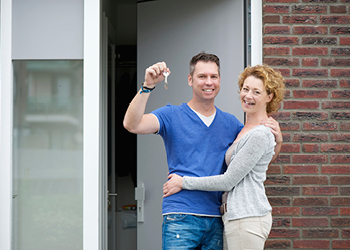Things That You Should Know About Building Inspection
Body
Purchasing a home is an important and most valuable events in your whole life. With the help of a reputable and licensed Independent Building Inspection service, you can find out the exact condition of the property you are considering. If you are not familiar with the construction inspection process, expert Independent Building Inspector will explain all the things in an effective manner.

Building inspectors carry out work in accordance with applicable standards. As such, you can expect inspectors to use strict inspection standards that allow for a comprehensive assessment of property. When you start the process of building inspection and the inspector will inspect for pests like termites, borers and other pests. In this, a completely different process would be taken by professionals of Building And Pest Inspection Sydney. If you are concerned about termites or insects, seek out a professional pest inspection service. On the other hand, contractors can offer both a construction inspection and a pest control inspection.
You should know that building and pest inspection companies must operate independently. The hired inspectors may not be involved in any related activity, such as a real estate broker or pest control company. This independence allows your inspector to deliver results that are unaffected by either party.
Pre Purchase building and pest inspection expert use the latest equipment. From thermal imaging cameras to moisture meters, technology has given inspectors the tools they need to get accurate results. This should help you make a more informed decision.
Inspection areas will be specified in your agreement. Although the investigation was thorough but be aware that your buildings and pest inspectors will be confined to inaccessible areas. Make sure you look at inaccessible areas in your home and find a way to make them accessible. Your hired inspector from Building Inspections Sydney will explain the results of the inspection to you in order to better understand the condition of the property.
The most authorized and respected inspectors will also be able to advise what steps you can take to correct or resolve problems identified during the inspection. You will pay the building inspection fee for your future. It is an investment that will give you security and accurate knowledge of the value of the property.
When building and pest inspectors evaluate a home, they often do what the industry often calls a visual inspection. As a result, building or pest inspectors do not dig or drill holes in walls or the like during inspections for obvious reasons. However, a comprehensive building inspector will carry the latest equipment to help assess areas where visual inspection alone may not be enough. The building inspector have moisture detection monitors and thermal cameras as well as other standard inspection equipment including ladders, flashlights and high-powered sticks. While thermal imaging cameras and moisture-detection equipment do not provide inspectors with x-ray vision, they certainly provide the next step in a diagnostic evaluation, often confirming or denying the presence of a suspected defect.











Comments